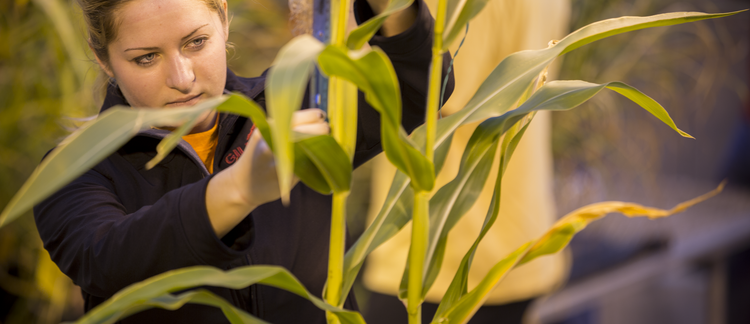Abstract
No-till management results in little or no incorporation of crop residues and fertilizer into the soil. The residue cover increases soil moisture and root efficiency in the summer, but results in colder soil in early spring. Because both phosphorus (P) and potassium (K) have little mobility in soils, no-tillage causes P and K accumulation in the top few inches of soil. In these conditions, subsurface banding could be more effective than broadcast fertilization in some soil types and climates. Therefore, a long-term study was conducted from 1994 through 2018 to evaluate the effects of P and K fertilizer rates and placement methods on grain yield of corn and soybean managed with no-till or tillage. Broadcast, planter-bands, and deep bands were evaluated until 2009, when the deep banding was discontinued. Previous reports summarized deep-band results. This report summarizes results for broadcast and planterband methods for the entire 25-year study.
How to Cite:
Mallarino, A. P., Thompson, L. B. & Pecinovsky, K. T., (2021) “Evaluation of Phosphorus and Potassium Fertilizer Placement Methods and Tillage Systems for Corn and Soybean During 25 Years in Northeast Iowa Soil”, Iowa State University Research and Demonstration Farms Progress Reports 2020(1).
Downloads:
Download PDF
View PDF
388 Views
153 Downloads

